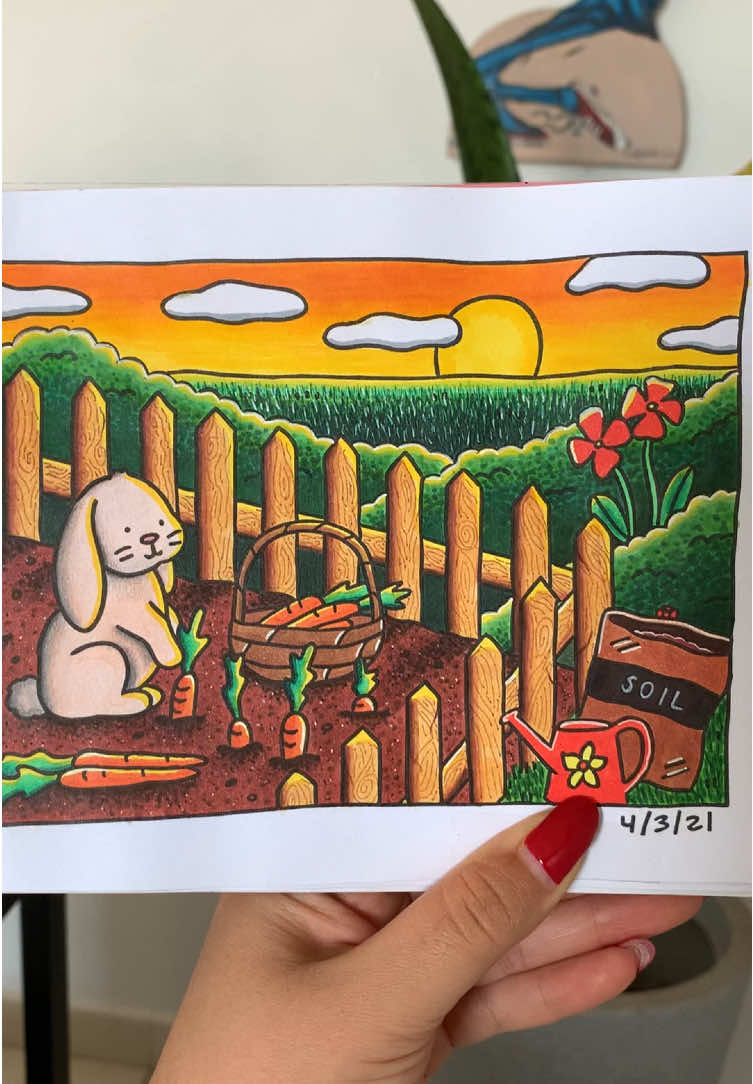.......
Region: AM
Friday 27 June 2025 18:40:15 GMT
7347
662
4
32
Music
Download
Comments
M🩸 :
Ergi anun
2025-06-30 21:28:20
0
🫀 :
vor xndrem nkary kuxarkeq?🫶🏻
2025-07-30 23:04:43
0
✵Д̸О̸Л̸Я̸✵ :
✌✌✌
2025-07-30 18:53:26
0
To see more videos from user @_____........___99, please go to the Tikwm
homepage.





